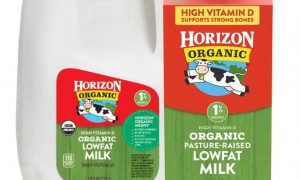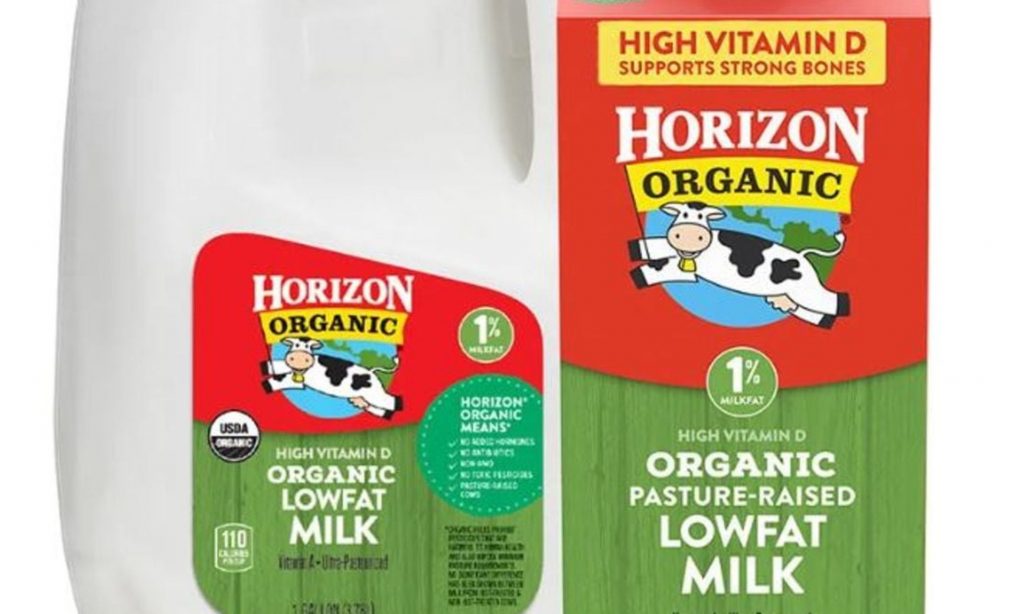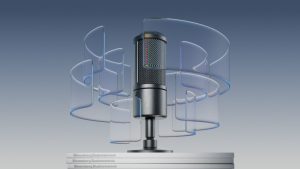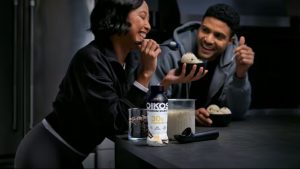In announcing a review of the company’s portfolio in 2022, he said there were “no sacred cows” and that the dairy giant will “keep pruning” its portfolio as it aims to boost growth and distance itself from its recent underperformance.
In a statement announcing the review of Horizon Organic and Wallaby, De Saint-Affrique said they are strong brands with “compelling growth opportunities.”
But Danone needs to “stay disciplined in how we allocate our resources, [with Horizon Organic and Wallaby falling] outside our priority growth areas of focus,” he said. “Exploring strategic options for these brands will enable them to get the focus and resources they need and therefore allow them to maximize their potential and unlock further growth.”
It’s not hard to see why Danone may sell the brands. They represent a small amount of Danone’s global revenues and had a dilutive impact on Danone’s like-for-like sales growth and recurring operating margin in 2022. For a company looking to increase growth and shift its resources to its most promising brands, Horizon Organic and Wallaby are logical targets to try to divest.
While it’s uncertain what will happen to the brands, or if Danone will even sell them once the review is completed, it could find a handful of willing partners if it does choose to unload them. A private equity firm could invest more time and resources behind the brands in a way that is harder for a big CPG.
Lactalis, which has rapidly grown its U.S. business through a series of deals including the addition of Siggi’s and Kraft Heinz’s natural cheese business, could be another buyer. The Parmalat owner is no stranger to dealing with Danone after purchasing Stonyfield for $875 million in 2017, which gave it a strong foothold in organic — the same category that Horizon Organic and Wallaby operate in.


























